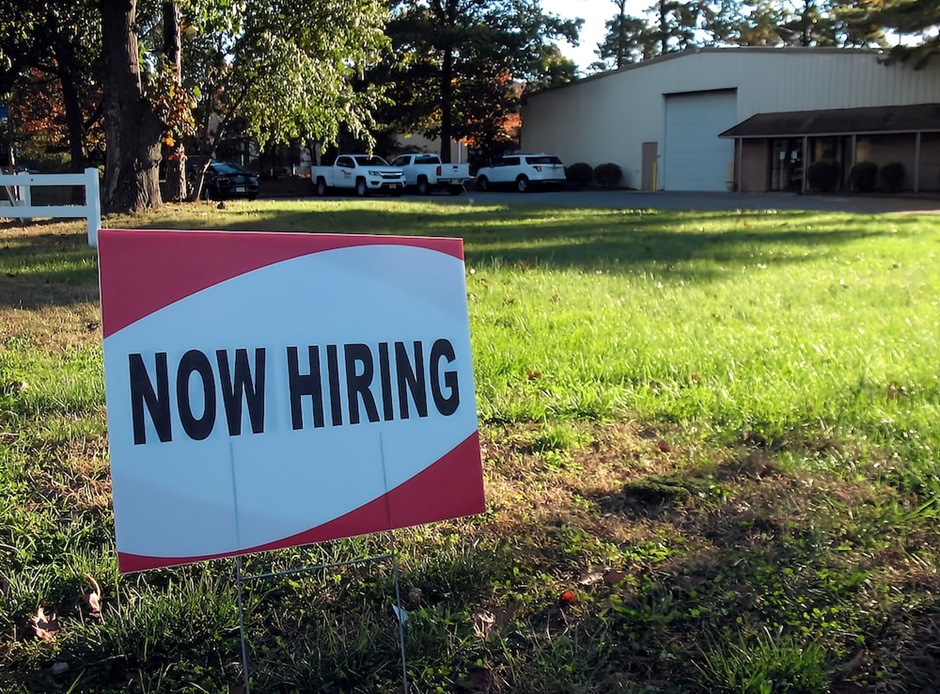Most savvy business owners understand how vital background checks can be. They are a protective measure to ensure you hire the right people for the job who will add value to your business.
However, knowing the importance of background checks doesn’t mean you aren’t at risk of making mistakes while performing them. Fortunately, awareness of these common mistakes below might put you at a reduced risk.
Relying On Them Entirely
Performing background checks through leading providers like Triton Canada can help you learn a great deal of information about a prospective new employee. You can learn about their employment history, education, criminal record, and other essential details.
They are a vital tool for highlighting any inconsistencies and confirming resume details. However, they don’t necessarily have to stop you from hiring someone who may be suitable for your business.
For example, seeing a driving conviction might make you question a hiring decision because it’s a blemish on their record. Yet, they may still be the right fit if it bears no relevance to their employment with you.
Not Getting Consent
Job applicants may expect a business to run a background check on them, but that doesn’t mean you can run one without their consent. It’s a legal requirement for businesses to receive written permission before running a background check through a background reporting company.
To streamline the process and filter out unsuitable applicants, include information about the requirement for a background check in your job ad. When you have your shortlist of applicants, you can provide them with a form to sign so that you can legally access the information you need.
Not Double-Checking Personal Information
Being in business requires you to have an eye for detail. Attention to detail can be particularly crucial when running background checks. Misspelling a name or mistyping a social security number might mean you gather incorrect information about someone applying for your job. This can have repercussions for both you and prospective employees, with you possibly not hiring someone based on inaccurate details.
Not Brushing Up On Employment Laws
Understanding employment laws can be crucial for ensuring your business remains on the right side of the law and does right by its employees. While you might understand the basics, like minimum wage and break requirements, not all employers know they must comply with the Fair Credit Reporting Act and only use background check data in specific ways.
Employment laws can also outline the information you can collect, like employment history, education, and credit history and the information you can’t collect pre-employment, like medical and genetic details.
Being Selective with Background Checks
Hiring new employees can be a time-consuming process. As a result, it can be tempting to skip the checks on some new employees if they’re casual, part-time, or temporary. However, how long they are with your company doesn’t matter in the grand scheme of things.
They still have access to your building, other employees, customers, and, potentially, confidential information. Treat all employees the same for peace of mind and to ensure some employees don’t feel they’re being unfairly discriminated against.
Having all the facts before running background checks on prospective new employees is important. Now that you know the most common mistakes, your business might be well-positioned to avoid them.
